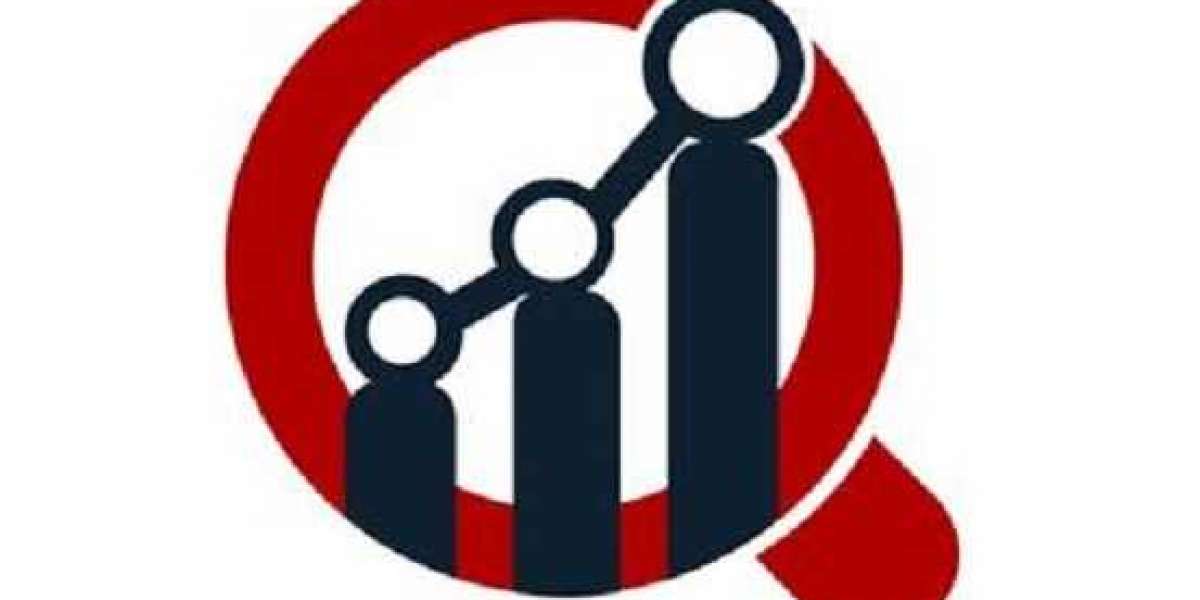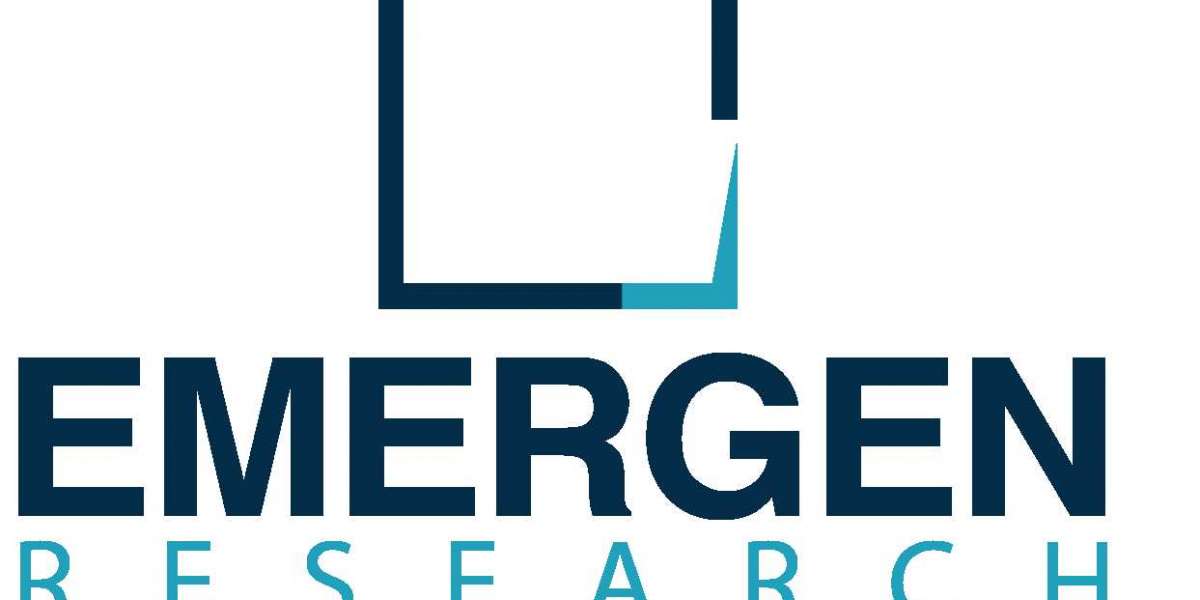Chatbots Market
Chatbots have become increasingly popular in recent years as a tool for businesses to engage with their customers, provide support, and streamline operations. A chatbot is a program that mimics human conversation through text or voice interactions, allowing for a personalized and quick communication experience with customers. In this article, we’ll explore the key concepts of chatbots, their benefits, and some of the popular use cases.
Key Concepts of Chatbots
Chatbots use natural language processing (NLP) techniques to understand and generate human-like conversations. Some of the key concepts that form the basis of chatbot development include:
Intent Recognition: This involves the use of NLP to understand the user's intent and determine the appropriate response.
Dialogue Management: Chatbots must be able to manage the conversation flow and context, keeping track of previous interactions and user preferences.
Personality Development: Good chatbots have a personality that adds to the user experience, keeping the conversation engaging and enjoyable.
Natural Language Generation: This involves the machine generating language that is understandable and natural-sounding to humans.
Benefits of Chatbots Chatbots provide numerous benefits to businesses, including:
24/7 Customer Support: With a chatbot, customers can get immediate assistance any time of the day, enhancing the customer experience and increasing satisfaction.
Efficient Operations: Chatbots automate routine and repetitive tasks, freeing employees to focus on more complex tasks.
Cost-Effective: Chatbots can replace the need for expensive human labor, ultimately reducing costs for businesses.
Improved Sales and Marketing: Chatbots can be used to engage with customers in a conversational manner, improving efficiency and effectiveness of the sales process.
Data Collection and Analytics: Chatbots can collect and analyze customer data, providing insights for business intelligence and marketing purposes.
Browse In-depth Market Research Report (100 Pages) on Chatbots Market -
Examples of Chatbot Use Cases Chatbots have numerous use cases across a variety of industries. Here are some examples:
Customer Support: Chatbots are commonly used for customer support, providing quick and efficient answers to common questions.
E-commerce: Chatbots can help customers browse and purchase products, as well as provide personalized product recommendations.
Healthcare: Chatbots are increasingly used in the healthcare industry to provide support, mental health counseling, and assistance with medication management.
Education: Chatbots can assist students with course selection, provide instant feedback on assignments, and offer information about college and career options.
Financial Services: Chatbots can be used by financial institutions to provide customers with account information,
Related Reports:
Low Power Wide Area Network Market Research Report- Global Forecast 2030
Wi-Fi as a Service Market Research Report- Global Forecast 2030
5G Service Market Research Report- Global Forecast 2030








